User Agreement and Privacy Policy for 2Dyles Services GPT Usage
Introduction
Welcome to 2Dyles Services. This User Agreement and Privacy Policy outlines the terms under which you may use our GPT applications and explains our data handling practices. Your use of our GPTs signifies your agreement to these terms and our data processing practices as described herein.
At 2Dyles Services, we utilize GPT technology powered by OpenAI to offer innovative solutions. It is essential for users of our GPT applications to understand and properly manage their OpenAI Data Control Settings to ensure compliance with applicable legal and regulatory requirements. The following information is provided to assist you in this process, but it is your responsibility to ensure that these settings are correctly adjusted according to your specific needs.
User Agreement
- License: 2Dyles Services grants you a revocable, non-exclusive, non-transferable license to use our GPT applications for business and/or research purposes, consistent with the terms of this agreement.
- User Responsibilities: Users are responsible for ensuring that any data they input into the GPT applications complies with all applicable laws and regulations, including data protection laws.
- Prohibited Use: Users shall not use the GPT applications for any unlawful purposes or in any manner that could compete with our company.
- Intellectual Property: All intellectual property rights in and to the GPT applications and their outputs remain with us or our licensors. Unauthorized use, duplication, or dissemination is prohibited.
- Opting Out: Users who input data for business purposes must activate the “Opt-out of Training” setting to comply with privacy and confidentiality requirements. By doing so, data will not be used to train or improve the model.
Privacy Policy
- Data Collection and Use:
a. User-Provided Data: This includes all data inputted by users into our GPT applications. Whether you opt in or out of training, this data is processed to provide responses. If opted in, it may also be used to improve model performance.
b. Interaction Data: This includes data on how the GPT is used, such as session times and query types. This data is used for operational purposes and, if opted in, for improving the functionality of the GPT.
c. Technical Data: Such as IP addresses, device types, and operating systems, collected for maintaining service security and integrity.
d. Metadata: Including timestamps and data volume, used for system management. - Data Access:
a. OpenAI Access: OpenAI has access to all data processed by the GPTs as necessary for hosting and operational maintenance. Data used for model training is subject to users opting in.
b. 2Dyles Services Access: 2Dyles Services has access to data to the extent necessary for providing and improving the GPT services, addressing customer support queries, and ensuring compliance with regulatory requirement. - Opting In and Out of Training:
a. Users can choose to allow or prevent their data from being used to train the GPT models. Opting out ensures data is not used beyond providing the requested service response.
b. Instructions on how to manage these settings will be provided in our application interface. - Changes and Support:
a. We reserve the right to modify this agreement and our services. Users will be notifiedof significant changes.
b. Should you notice any issues or require changes to how the GPTs are functioning, please contact us at support@2dyles-services.com.
Security and Compliance:
Standard security measures are implemented to protect your data against unauthorized access, alteration, or destruction.
OpenAI Data Control Settings Explanation for Users of 2Dyles Services GPTs:
- User Responsibilities
a. Understanding Data Controls: OpenAI provides various data control settings that influence how data is handled, stored, and potentially used in training machine learning models. Users must familiarize themselves with these settings to make informed decisions about data privacy and usage.
b. Configuring Settings: It is the sole responsibility of each user to configure their Data Control Settings appropriately. This includes opting out of training if required by your compliance obligations. These settings impact how your data is used and secured by OpenAI, and by extension, applications powered by 2Dyles Services.
c. Legal Compliance: Users are responsible for ensuring that their use of GPT applications complies with all applicable laws and regulations, including but not limited to privacy laws and regulations governing data protection. This responsibility includes understanding how settings affect data usage and taking necessary actions to align with legal requirements. - Reduced Liability of 2Dyles Services
a. No Liability for Misconfigurations: 2Dyles Services is not liable for any misconfigurations or inappropriate settings chosen by users. It is up to each user to ensure that their settings reflect the needed security and compliance levels.
b. Independent User Actions: 2Dyles Services does not monitor individual user settings or the specific ways users choose to manage their data within the OpenAI framework. Users act independently in their settings management and must seek their legal counsel to ensure compliance.
All users must carefully review and manage their OpenAI Data Control Settings. While 2Dyles Services is committed to providing high-quality GPT applications, the responsibility for configuring data control settings appropriately and ensuring legal compliance rests with each user. For detailed guidance on managing these settings, please refer to OpenAI’s official documentation or consult with a legal expert.
Version 1.0 – 10 May 2024
You can download a .pdf version here.

